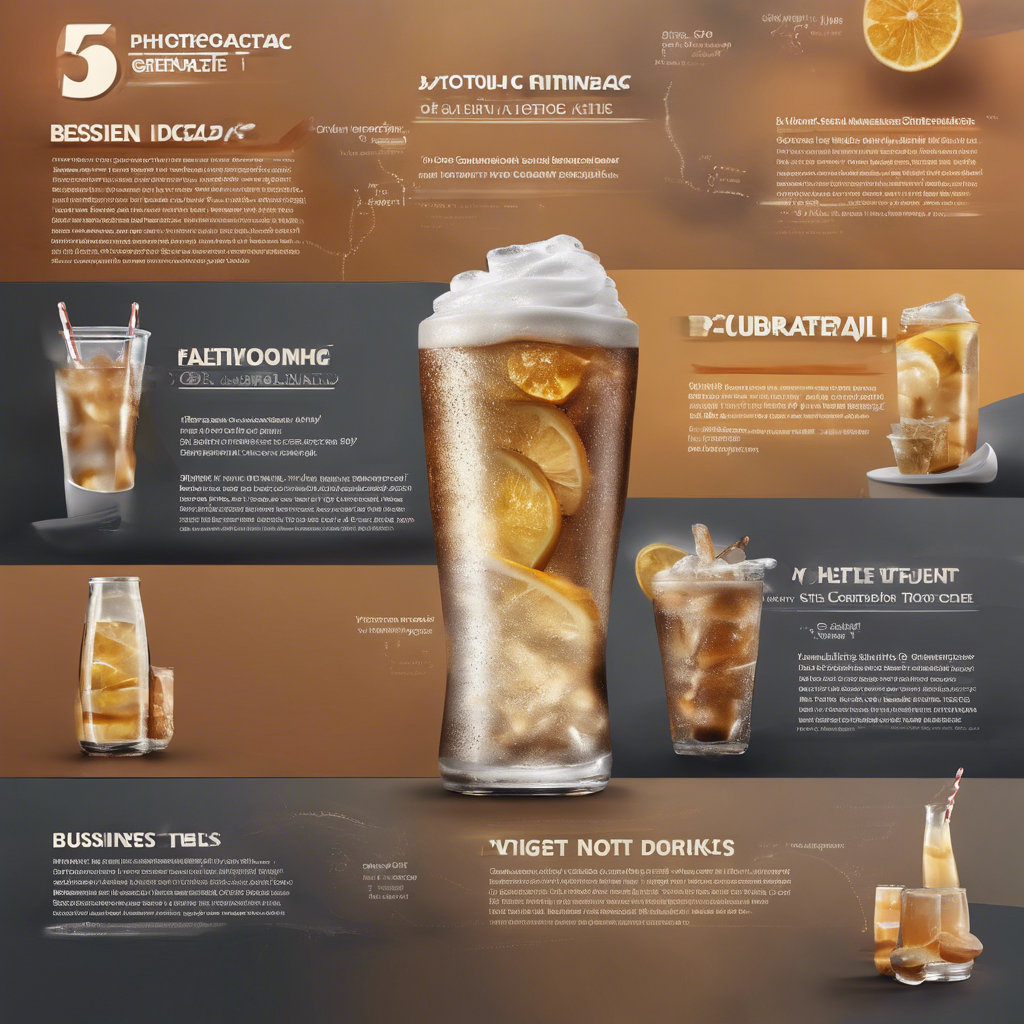Do carbonated drinks accelerate the ageing of cells ?
- Jul 3, 2024
- 2 min read
By : Tuba Siddiqui - FSS Integral University Lucknow
Carbonated drinks, ubiquitous in modern diets, have long been scrutinized for their potential health impacts beyond just dental concerns and weight gain. One of the debated issues is whether these fizzy beverages could contribute to cellular ageing, a process linked to various chronic diseases and overall health decline. To understand this potential connection, it's crucial to delve into the composition of carbonated drinks.
Understanding Carbonated Drinks
Carbonated beverages are infused with carbon dioxide gas under pressure, which creates the characteristic bubbles and fizz. These drinks can range from sodas and sparkling waters to energy drinks and flavoured beverages. These beverages were widely consumed by youngster in our country.
High Level of Sugar
One of the primary concerns associated with carbonated drinks is their high sugar content. Regular consumption of sugary beverages has been linked to various health issues, including obesity, diabetes, and cardiovascular diseases. These conditions, in turn, can contribute to cellular ageing by promoting inflammation and oxidative stress within the body.

Effects of Carbonation
While carbonation itself (carbon dioxide dissolved in water) is generally considered harmless in moderation, it’s the other components of these drinks that raise concerns. Phosphoric acid, often found in colas to enhance flavour, has been associated with bone demineralization and possibly accelerated ageing of cells. Sugar – sweetened carbonated beverages can erode tooth enamel, but plain carbonated water appears relatively harmless.
Oxidative Stress and Antioxidants
Oxidative stress is an imbalance occurs of free radicals (highly reactive molecules) and antioxidants in the body that leads to cell damage. Chronic term carbonated soft drink consumption induce oxidative stress and alteration in expression level of certain genes associated with brain function. Therefore carbonated soft drinks must be taken with caution.
Impact on Cellular Health
The human body's cells are constantly exposed to various environmental and dietary factors that can influence their health and longevity. High sugar intake and the potential effects of additives like phosphoric acid may exacerbate cellular ageing processes. Additionally, excessive consumption of carbonated drinks may displace healthier beverage choices, leading to nutrient deficiencies that further impact cellular health.
Conclusion
While the occasional indulgence in carbonated drinks is unlikely to significantly accelerate the ageing of cells, regular and excessive consumption could potentially contribute to cellular damage over time. To promote cellular health and longevity, it is advisable to consume these beverages in moderation and better go for healthier alternatives like water, herbal teas, or homemade fruit-infused drinks. In summary, while the direct link between carbonated drinks and accelerated cellular ageing is not definitively proven, their high sugar content and potential additives raise concerns. Drinking soda on a consistent basis has been known to lead to an increase in the risk of weight gain and certain diseases which can effect your body on a cellular level. All of these components contribute to unhealthier, more
rapid ageing. As with many dietary choices, moderation is key to maintaining overall health and well-being.





SUDIRMAN168
SUDIRMAN168
SUDIRMAN168
SUDIRMAN168DAFTAR
SUDIRMAN168MEDIUM
SUDIRMAN168LOGIN
SUDIRMAN168ALTERNATIF
SUDIRMAN168TERPERCAYA
SUDIRMAN168MAXWIN
LAPAKBET777
LAPAKBET777RESMI
LAPAKBET777GACOR
LAPAKBET777DAFTAR
LAPAKBET777LOGIN
LAPAKBET777ALTERNATIF
LAPAKBET777MAXWIN
TERMINAL4D
TERMINALBET
Daftar Link Dofollow
lapak7d
lapak7d
lapak7d
lapak7d
lapak7d
lapak7d
lapak7d
lapak7d
lapak7d
lapak7d
lapak7d
lapak7d
lapak7d
situs slot demo
slot demo X1000
scatter hitam
slot toto
situs slot online
situs slot online
situs slot online
situs slot
situs slot
situs slot
situs slot
sudirman168
sudirman168
sudirman168
slot gacor
toto singapure
situs toto 4d
toto slot 4d
pg soft mahjong2
mahjong2
pocari4d
pocari4d
pocari4d
pocari4d
pocari4d
pocari4d
pocari4d
terminalbet
terminalbet
data pemilu
utb bandung
universitas lampung
slot bonus new member
ksr88
ksr88
ksr88
ksr88
Slot Dana
situs slot gacor hari ini
terminal4d
terminal4d
terminal4d